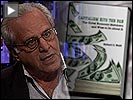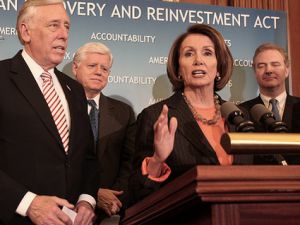 A McKinney, Texas, Planned Parenthood clinic that does not provide abortions was attacked with a Molotov cocktail late Tuesday night, causing a small fire at the entrance of the building. The device, consisting of diesel fuel in a glass bottle with a lit rag fuse, did not cause any injuries, but a Planned Parenthood official said it did cause "serious damage" to the facility.
A McKinney, Texas, Planned Parenthood clinic that does not provide abortions was attacked with a Molotov cocktail late Tuesday night, causing a small fire at the entrance of the building. The device, consisting of diesel fuel in a glass bottle with a lit rag fuse, did not cause any injuries, but a Planned Parenthood official said it did cause "serious damage" to the facility."It didn't penetrate the health center office and none of the staff or patients were there, which is great," Holly Morgan, director of media relations and communications for Planned Parenthood in Dallas, told Star Local News. "It scorched the outside of the door and I believe there was a little scorching to the retail locations on either side of it."














